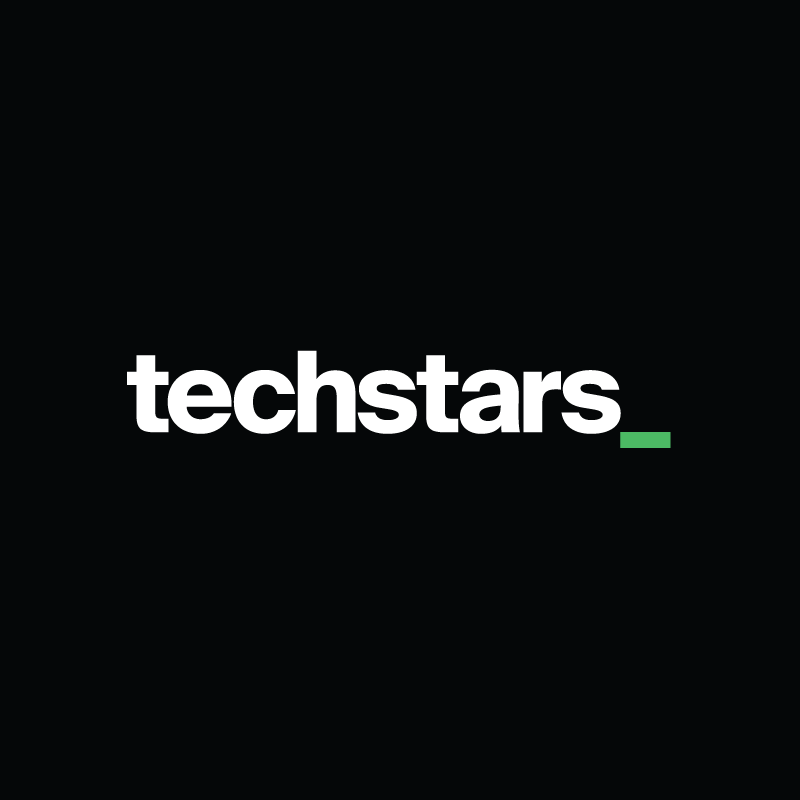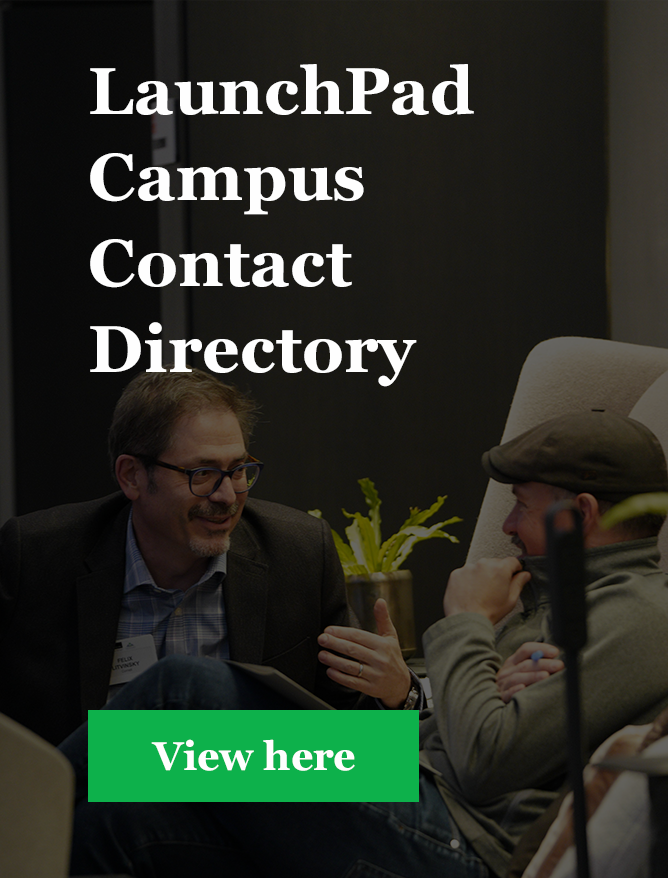A decade ago when Bart Bohn began the Student Entrepreneur Acceleration and Launch (SEAL) program at the Austin Technology Incubator (ATI), the startup environment at The University of Texas at Austin was dramatically different. However, with more than a decade of experience, learnings, and some impressive successes under his belt - Bart, with the support of Mitch Jacobson and Nina Ho, has built a world-class student summer accelerator program recognized as an industry leader and innovator by the central Texas startup ecosystem in addition to national players like the Kauffman Foundation. (As the second Summer Accelerator-focused LaunchPad Best Practice, be sure to check out some of the insights from our first post back in August, 2019 describing Startup UCLA’s Summer Accelerator program.)
In 2009, there were very few startup programs for student founders - and most offerings ended with the academic year at UT, Austin.
“We found that while there were a lot of students with the passion and the creativity to be entrepreneurs, those ideas and journeys often ended with spring semester,” said Bart Bohn, SEAL Director. “Everything we offered on-campus was built around classes and teaching curriculum.”
So when Bart had the chance to repurpose a window-less space in the back of ATI for 10 weeks over the summer that year, he responded to the unmet need of student entrepreneurs and launched SEAL.
Humble Beginnings
Originally the program consisted of little more than a free lunch on Fridays and dedicated room to work. Even this limited structure and programming proved to be the seed of something great. Though all five teams in 2009 dissolved within a year of the program, Tarun Nimagadda went on to achieve major success by founding Mutual Mobile, eventually employing several hundred.
“Our second year was a really big turning point. One team of MBAs had worked hard on an e-commerce shipping management software startup. As they reached the end of the program several team members faced difficult decisions about whether or not to accept some pretty impressive job offers.” According to Bart, “That ‘moment’ helped flip a switch for us - that SEAL should really be about vetting advanced student startups from a market perspective, and determining if and how scalable they could actually be.” From that point on, SEAL embraced a very specific identity and adjusted its program and offerings as such.
SEAL’s program now consists of 2 months of weekly workshops on topics like: Working with Mentors and Advisors, Sales & Marketing, Legal and IP Strategy, and Non-dilutive Funding and Fundraising among others. There are also socially-focused gatherings and progress check-ins with mentors.
The ‘Best of the Best’ Student Startups
Still today, most of the more than 50 entrepreneurship programs on campus use the startup experience to encourage (“cheerlead”) students and focus on teaching basic academic lessons in a hands-on manner. Few, however, focus on “double checking” the true viability of the startup within the context of a marketplace. SEAL does. But by now running the program through LaunchPad (ATI’s student-facing sister organization) and positioning SEAL as the final capstone entrepreneurship offering at UT, Austin, Bart and the team can take a much more market- and reality-based approach.
“We work with them from a ‘no-mercy, market-validation’ perspective”, said Bart. “It’s a hard, but helpful shift from the education-first experience these students have gotten from other entrepreneurship programs on campus. We ask really tough questions, punch holes in strategies that could be stronger, and push and drag them through the gauntlet.”
To recruit this collection of exceptional young founders (typically limited to +1 year from graduation), the LaunchPad and ATI teams serve as judges and mentors in most of the advanced entrepreneurship programs and pitch competitions across campus. In that way, when it comes time to put together the annual SEAL cohort, the leaders have an advance “in” with as many as 75 student startups. From the 25-30 that are encouraged to officially apply, Bart usually chooses the top 10-12.
“I really think it's fair to say that most of the impressive startups that have come out of the UT Austin system in recent years have gone through SEAL,” said Nina Ho. “That includes Favor, which sold to H-E-B and Beyonic, which was selected for Techstars’s first-ever African Program.
Pivot to Remote (and Expanding to the LaunchPad Network in Texas)
The transition in 2020 to delivering the SEAL program 100% remote (which normally runs in person at the Capital Factory in downtown Austin and involves twice-a-week evening events) has proven to be a really valuable strategic experience.
“By going virtual, we’ve improved the program in two important ways this year,” said Bart. “First, we’ve been able to open up a few spots in SEAL to two other LaunchPad schools in Texas: UT, Dallas and Texas A&M. And second, it means we’ve been able to cast an even wider net to truly find the best possible industry-specific mentors for each team (no matter where they are). That industry insight mentors provide is critical to the students’ success.”
For the 2020 SEAL cohort, KairosVR comes from UT Dallas, and Sapien and Giga Energy come from Texas A&M. The strong cross-university connections of Bart, Mitch, and Nina made it easy to recruit even more of the best student entrepreneurs in Texas. This year Nina Ho also invited Blackstone Campus Ambassadors to participate in the SEAL cohort kickoff, where teams are “bombarded” with questions from more than 20 of these hand-selected, highly industry-experienced advisors and mentors.
“Programs like SEAL and the Blackstone Launchpad powered by Techstars maximize the ability of UT institutions to successfully connect talent, new ideas and opportunity,” says Julie Goonewardene, senior advisor to the chancellor and chief talent and innovation officer for the UT System. “That’s incredibly rewarding to students.”
Go / No-Go Decision Day
The penultimate event in the SEAL accelerator is a “Reverse Pitch” where the best four or five accelerators and incubator organizations like Techstars, Capital Factory, Austin Technology Incubator, and Mass Challenge, present what they can offer the startups. One week later, this event is followed up with a unique “Go / No-Go Decision Day” recognized by Kauffman.
“After that second year, we realized the most valuable thing we could do at the end of the program was honestly help these entrepreneurs evaluate whether to continue to pursue their idea, pivot, or shut down,” said Bart. “We consider all three outcomes a success, so long as the students have done the right analysis and come to the right conclusion for them.”
This approach (instead of the much more standard program-concluding “Demo Day”) was so innovative and impactful, that in 2015 it was recognized by the Kauffman Foundation. As a result ATI received a grant to help share the model with 11 other university accelerators over a two year period.
Following the program, UT Austin SEAL alumni have continued leveraging the opportunities and benefits of the LaunchPad network by participating in signature programs like Lift (ElecTrip and ShowerStream) and Propel (Plexus, Swayy, and HiPR). And now, this summer, with the creation of the LaunchPad Student Startup Fellowship, the network is supporting several current SEAL teams like NwaBebé.
According to Bart, there are two keys to the success of the SEAL program:
- Startup Maturity + Industry Mentorship. Student teams must have ramped up enough to participate in real market-specific conversations. That way the industry-experienced advisors and mentors can engage in the most helpful and impactful manner. (While many entrepreneurship programs at UT, Austin use more generalist business mentors or academic professors to advise students, Bart works hard to match exceptional student entrepreneurs with equally exceptional, industry-leading mentors.) “The students have to be deep enough in their industry or their research, and the applicable technology so that the ‘flywheel can catch’ with these kinds of top-tier advisors.”
- Strategic, Focused Attention. Another critical differentiator is the singular attention on tackling the next strategic obstacle from a market perspective. This method increases the impact on the startup by either validating their premis, driving towards a pivot, or capturing learnings and moving onto the next opportunity. “Student founders, in particular, are pulled in a million different directions and are faced with lots of options for ‘what to do next’. We help them focus, evaluate, and act.”






